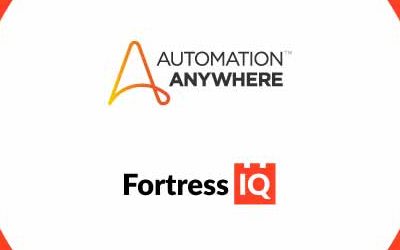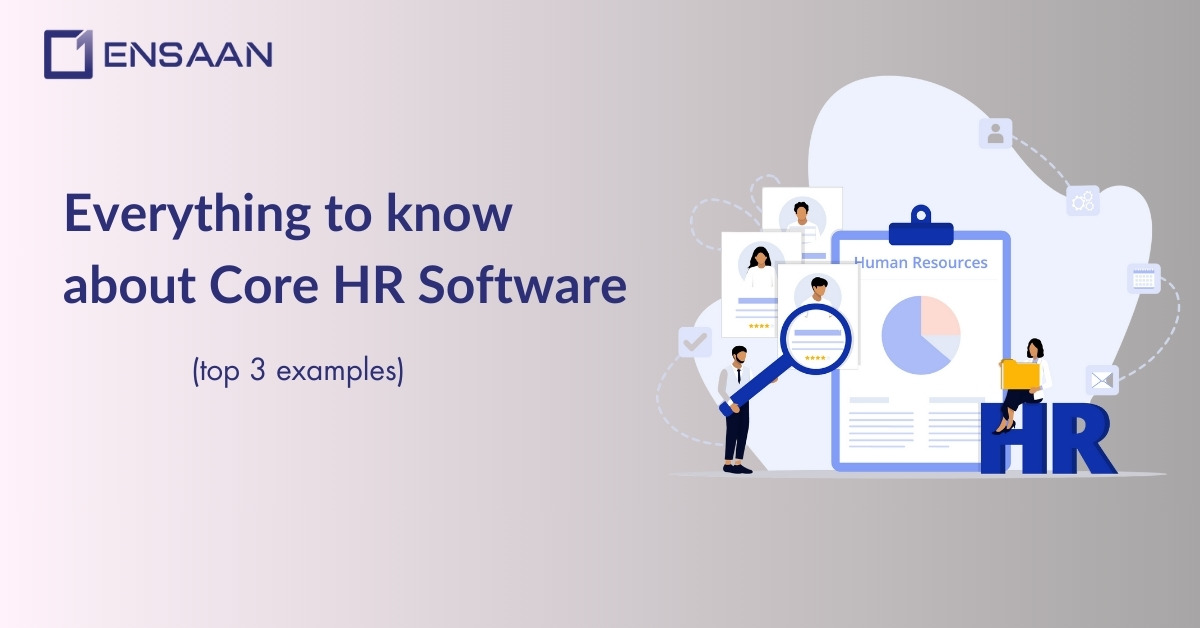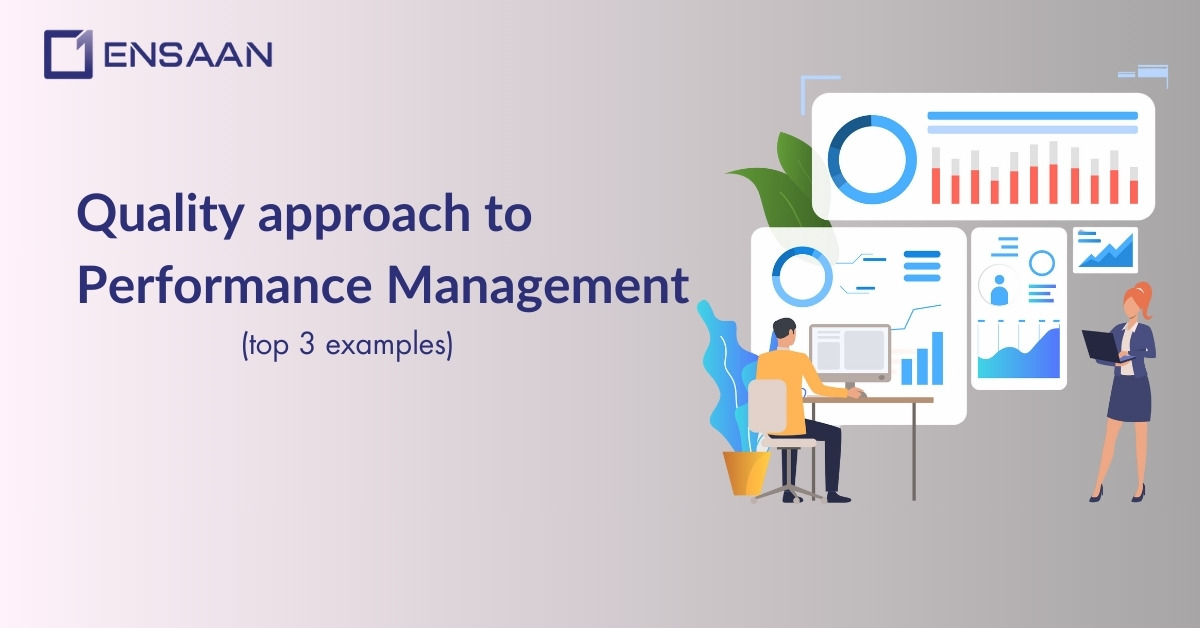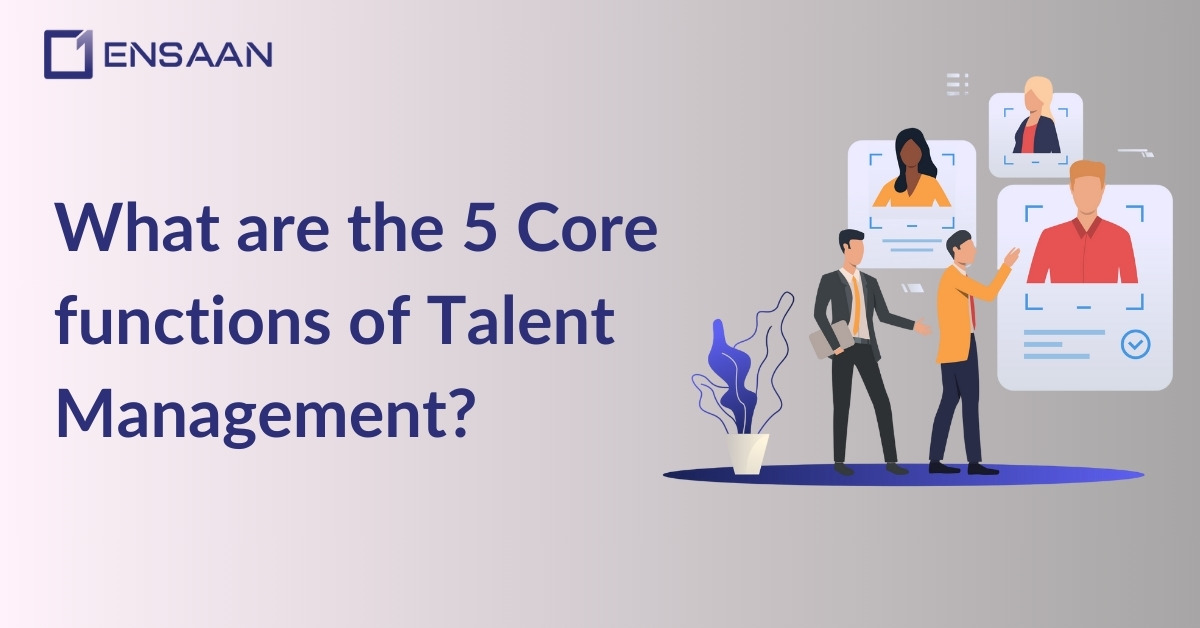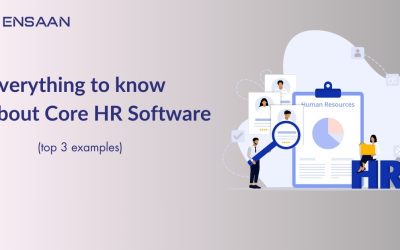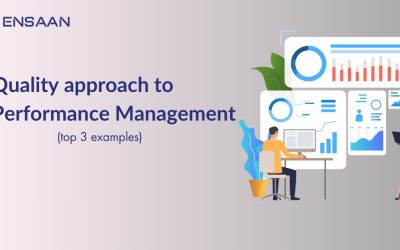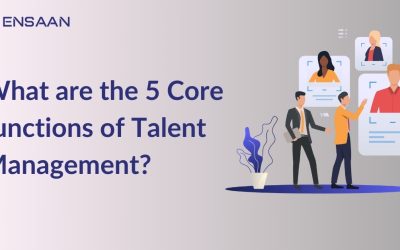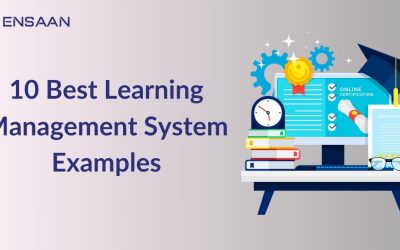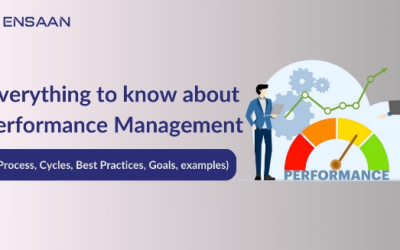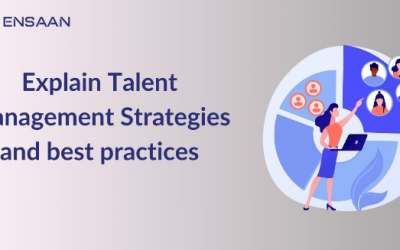AI-Powered Recruiting Solutions are revolutionizing the talent acquisition process for businesses.
Organizations are increasingly resorting to AI to speed up their recruitment procedures as a result of the fierce competition in the labor market.
These solutions speed up and improve hiring efficiency by automating manual, time-consuming activities.
Businesses can more effectively discover suitable candidates, lessen bias in hiring, and manage a large volume of applications by incorporating artificial intelligence into their recruitment process.
Prominent artificial intelligence applications like Pymetrics, Hiretual, and HireVue are some of the top options causing these shifts.
This article examines the main advantages of artificial intelligence (AI) in recruiting, how hiring procedures are being altered by it, and future obstacles.
Explore the Top AI Powered Recruitment Tools to grow your business in 2024 for UAE, Dubai companies.
Table of contents
AI’s Advantages in Hiring
1. Time Conserving:
Automated resume screening: Programs such as Hiretual and Fetcher scan and evaluate resumes, emphasizing experiences, credentials, and abilities that are relevant.
Faster hiring process: Recruiters using HireVue can spend more time interacting with top applicants since they will have less time to devote to manual processes like analyzing resumes and setting up interviews.
2. Improved Experience for Candidates:
Instant answers: Throughout the hiring process, candidates may stay engaged using AI-powered chatbots like Mya, which can provide prompt answers to their questions.
Quicker implementation processing: Using platforms like HireVue, candidates receive feedback on their applications more quickly, which makes for a better overall experience.
3. Diminished Prejudice:
Objective screening promotes a more diverse workplace by evaluating resumes using statistics rather than subjective characteristics like age, gender, or race. AI technologies like Pymetrics do this.
Encourages diversity: Pymetrics lessens unconscious bias in the hiring process by putting an emphasis on credentials and talents.
4. Economy of Cost:
Reduced recruitment costs: Using technologies like Hiretual can result in significant cost savings as automation cuts down on the time and resources spent on hiring.
Improved candidate matching: Pymetrics reduces expensive hiring errors by increasing the precision with which candidates are matched to vacancies.
5. Managing Large Amounts:
Handling big applicant pools: Fetcher and other AI systems are perfect for businesses who need to fill positions fast because they can handle thousands of applications with ease.
Scalable for big businesses: AI-driven solutions, such as HireVue, can accommodate rising hiring needs without sacrificing precision or effectiveness as businesses expand.
Simplifying Recruiting with AI and Chatbot Recruiting Solutions.
How AI Is Affecting Hiring?
1. AI in Resume Screening AI-powered hiring tools are excellent at finding important details in resumes, like:
A.Ability
B.Experience at work
C.Background in Education
Hiretual and other AI technologies use Natural Language Processing (NLP) to comprehend a candidate’s qualifications in context, going beyond simple keyword matching. Compared to manual review techniques, this technology helps recruiters find top applicants more quickly by enabling a more thorough study.
2. AI-Powered Candidate Matching:
AI systems connect job seekers with positions based on their qualifications, experience, and cultural fit rather than merely screening resumes.
Tools like Pymetrics assist recruiters in concentrating on the most suitable candidates by assigning applicants a score based on how well they match the job requirements.
This method enhances the hiring process’s quality and speed. Employing AI can help businesses make data-driven recruiting decisions with confidence and lower the risk of hiring mismatches.
3. Chatbots Powered by AI:
AI-driven chatbots are becoming more and more crucial in the hiring process by:
A.Responding to inquiries from candidates
B.Interviews are automatically scheduled
C.Delivering instantaneous application status updates
Mya and other chatbots maintain applicant engagement while freeing up recruiters to concentrate on more important duties.
As a result, the hiring process becomes more smooth and effective, increasing the output of recruiters and candidate happiness.
Hiring with Predictive Analytics
Predictive analytics is one of the most intriguing aspects of AI-powered recruiting tools.
Artificial intelligence (AI) techniques such as Pymetrics can forecast which candidates are likely to thrive in particular areas by evaluating data from past hiring and company performance.
These forecasts can benefit businesses:
Employing people who are more likely to stay over the long term will help reduce turnover.
Increase recruiting accuracy by giving priority to applicants who have the most potential to succeed.
Predictive analytics helps hiring become a more purposeful process based on data and insights rather than a guessing game.
Reducing Prejudice in Hiring:
Hiring bias has long been a problem, with many choices being impacted by elements unrelated to a candidate’s qualifications. By eliminating human biases from the equation, AI provides a solution.
AI tools such as Pymetrics, which only consider data and qualifications, can contribute to the development of a more impartial and objective hiring process.
But it’s crucial to remember that AI systems are only as good as the training data they use.
The AI could unintentionally propagate biases if the training data is biased. To guarantee that AI systems maintain objectivity and encourage diversity, organizations need to audit them on a regular basis.
AI’s Recruitment Challenges
Although AI-powered recruiting tools have many advantages, they also have certain drawbacks.
1. Data Privacy Issues:
Privacy risks arise from the handling of sensitive candidate data by AI recruitment technologies. Businesses need to make sure they follow data protection laws like GDPR and take precautions to protect applicant data.
2. AI Algorithm Bias:
Biases in the training data that artificial intelligence programs use may unintentionally be reinforced. Organizations must actively monitor and modify their AI systems to ensure that they support diversity and fairness in hiring in order to lessen this.
3. High Expenses of Implementation:
AI-powered hiring systems such as HireVue can be expensive to implement, especially for smaller businesses. Organizations should carefully consider the potential cost savings vs the initial expenditure needed before making an AI investment.
Notwithstanding these difficulties, there are considerably more benefits of AI in recruiting than disadvantages. Businesses may develop a hiring process that is more productive, inclusive, and data-driven by utilizing AI efficiently.
AI’s Role in Hiring in the Future
AI-powered recruiting tools are developing quickly, and their impact on hiring procedures is only going to increase. We may anticipate that AI will become increasingly more prevalent in:
- Even more accurate prediction of candidate success
- Automating hiring procedures to further streamline them
- Increasing diversity by eliminating prejudice in employment selections
Businesses that use these technologies early on will be better positioned to draw and keep top personnel as AI develops. Organizations must, however, continue to exercise caution to guarantee that their AI systems are applied morally and sensibly.
Conclusion:
AI-driven hiring technologies such as Pymetrics, HireVue, Hiretual, and Mya are transforming the way businesses find and select employees.
These technologies have a lot to offer: they may Quicken the hiring process, lessen bias, and enhance the candidate experience.
But businesses also need to be aware of the difficulties, such as implementation costs, algorithmic bias, and data privacy issues.
AI technology will significantly alter the recruiting landscape as it develops further. Organizations may establish a hiring process that is more effective, inclusive, and successful by adopting AI and resolving its obstacles.





